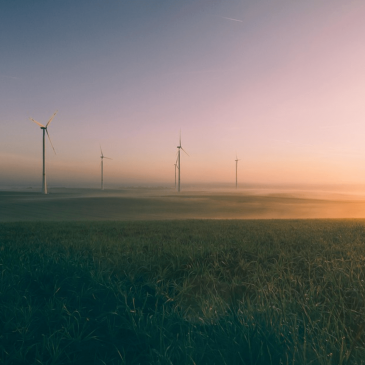What Homeowners Should Know Before They Purchase Solar, Part 1
Investing in solar panels can be a smart move for homeowners due to the many benefits they offer, such as long-term savings and energy independence. In fact, these benefits can often make the decision to go solar a no-brainer for most homeowners.
Before you schedule the installation of your solar panels, learn the following few key points to make a solar experience that fits your expectations.
Here are five things that every homeowner should know before buying solar panels.
-
Your Roof’s Condition Matters
Before installing solar panels, it is of great importance to make sure that your roof is in good shape. Solar systems typically last 25 to 30 years, so if your roof is nearing the end of its life or in bad need of repairs, then you should consider replacing it before you invest in solar panels. Installing solar panels on a weak or aging roof can lead to costly rework later.
-
Not All Roofs Are Ideal for Solar Panels
The angle, orientation, and shading of your roof can have a major impact on how much energy your panels will be able to produce. While south-facing roofs with minimal shade are best suited to take advantage of solar in the U.S., east- or west-facing systems can also be effective. But if your roof has heavy shade or faces predominantly north, then your solar panels may not produce the energy you need to satisfy your investment.
That is why it is always recommended to have a solar installer assess your roof’s suitability during a site visit.
-
Understand Your Current Energy Usage
To ensure you purchase a solar system that can provide the amount of energy your household needs, it is important to know how much energy you currently use. To do this, take a close look at your utility bills over the past year and determine how much electricity you typically use on average. Failing to do this simple step can result in over- or under-sizing your system, which will lead to energy inefficiencies or higher costs.
-
Not All Solar Panels Are Equal
There are many different brands and models of solar panels, with each offering varying levels of efficiency, durability, and warranty terms. Do your research or ask your installer to explain the differences, so you can choose the solar panels that will best fit your needs and budget. High-efficiency panels might cost more upfront but could save more in the long run.
-
Compare Quotes From Multiple Installers
Don’t settle for the first quote you receive. It is recommended to request proposals from at least three reputable solar installers. This will give you a better sense of the market price, the quality of components used, and the professionalism of the installer.
Solar Panels Are an Investment That Pays Off
Solar panels are a long-term investment that can effectively lower your energy bills, increase your home’s value, and reduce your carbon footprint. But like any major purchase, doing your homework ahead of time is key. By understanding the above 10 points, you will be in a much better position to make a smart and confident decision about the future of your home.
Read part two of this article on what to consider when purchasing solar now.

